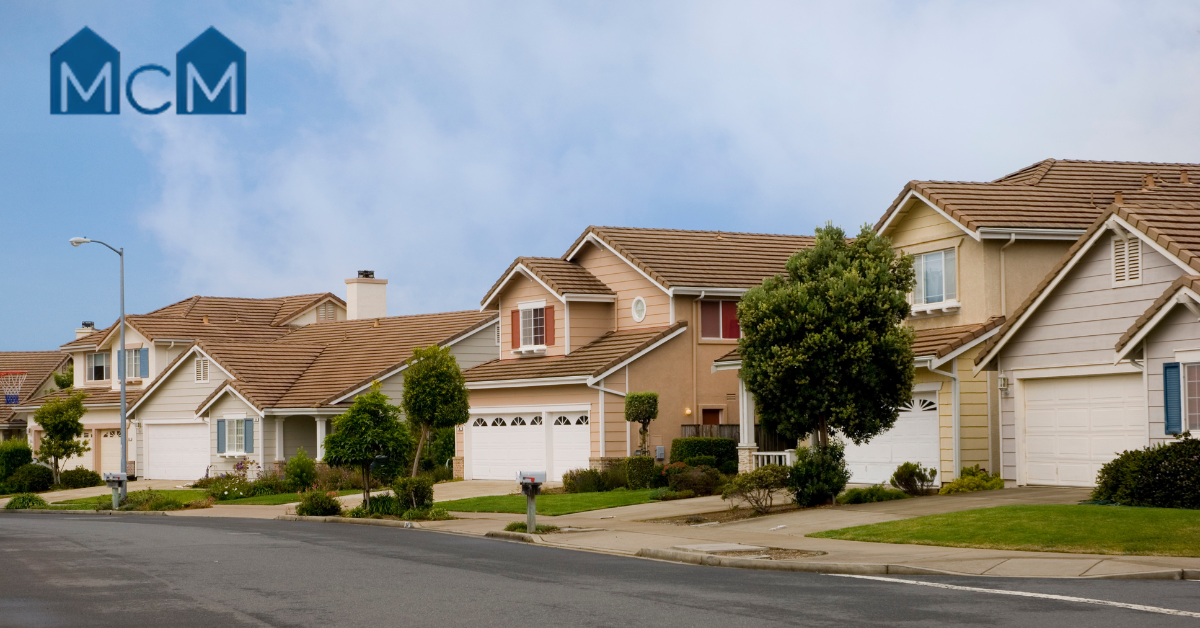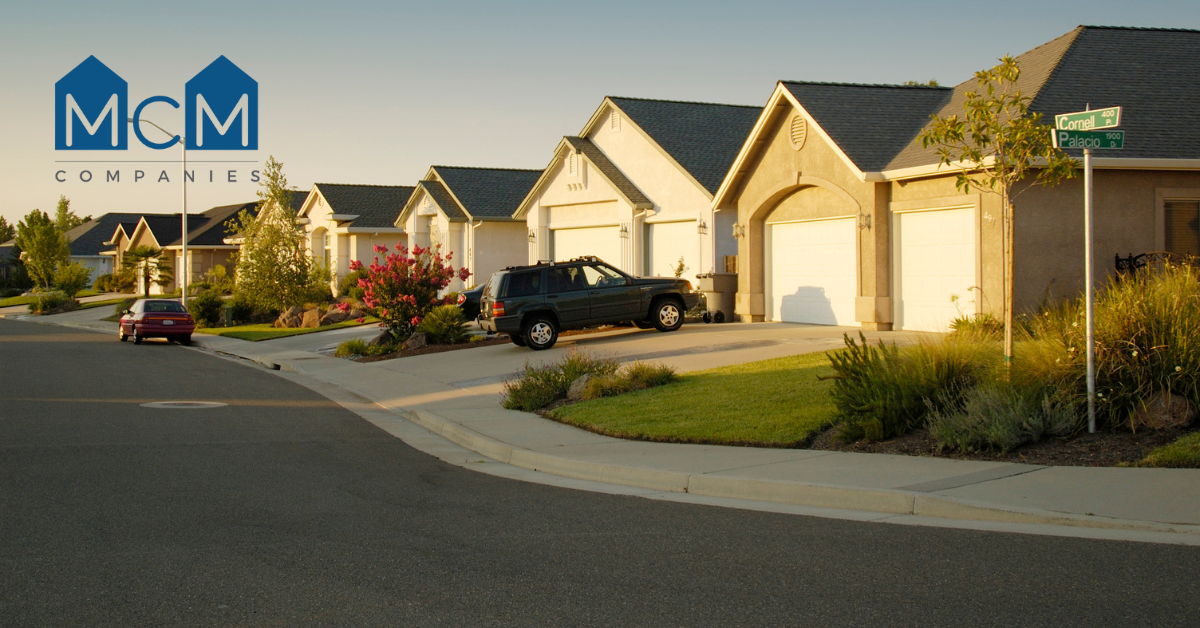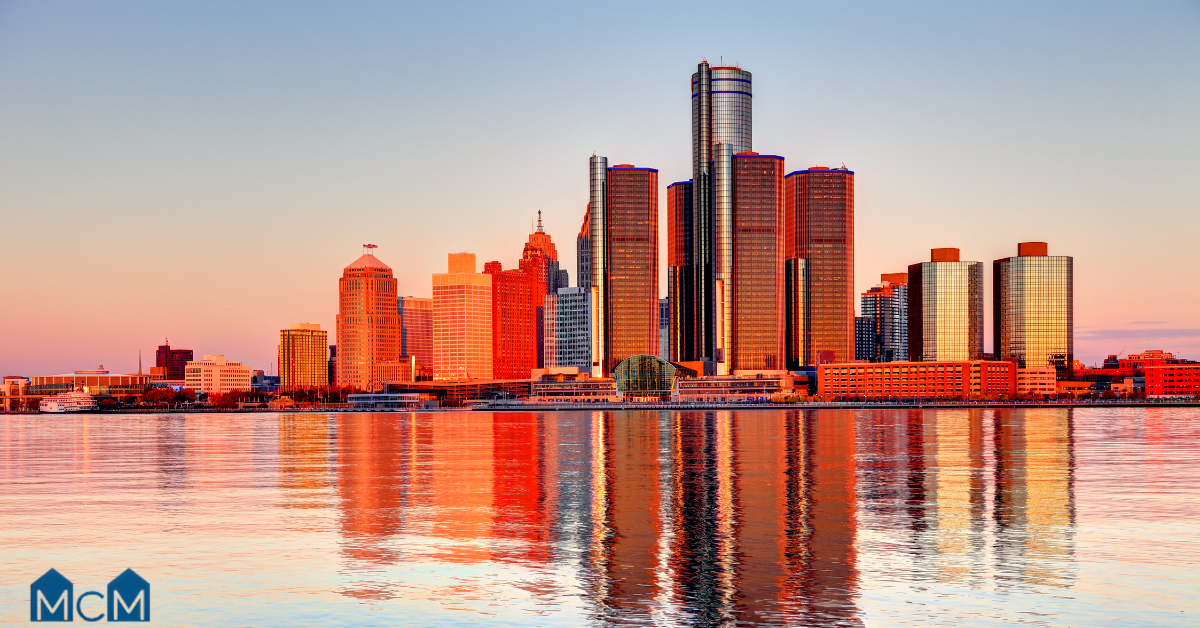System-Built Homes vs. Mobile Homes: What's the Difference?


Do you feel discouraged by the time and cost involved in traditional construction? You're not alone! Fortunately, housing has undergone a significant evolution in recent years, offering exciting alternatives. But with so many terms like “mobile,” "manufactured,” "modular," and “system-built” floating around, it's easy to get confused. Today, we’ll take a look at what mobile homes are really like today and cut through the jargon to clarify the key differences between these housing options, empowering you to make informed decisions for your future.
Is a Mobile Home Different from a System-Built Home?
According to the US Department of Housing and Urban Development (HUD) Code, a mobile home is a prefabricated dwelling built entirely in a factory. These homes are designed to be transported in one or more sections to a home site and often rest on a temporary chassis for easy transport, but they can also be placed on a permanent foundation.
There are many different kinds of mobile homes, including manufactured homes. System-built homes, on the other hand, are defined by their building process, not how they are transported or where they are set down. Unlike traditional on-site methods, where elements are built from scratch, system-built homes involve prefabricating various components in a controlled factory environment.
Understanding the Benefits of System-Built Homes
One of the most attractive aspects of system-built homes is their speedy construction times. Ditch the months-long wait associated with traditional construction! System-built homes typically take weeks, or even days, less to complete. This translates to a quicker move-in date, allowing you to start creating memories in your dream home sooner.
Beyond the speed advantage, system-built homes boast enhanced quality control. Factory settings provide a controlled environment with consistent building practices. This meticulous approach minimizes construction defects, resulting in a more durable and reliable home that you can confidently call your own.
But the benefits extend beyond quality. System-built homes are often more cost-effective compared to traditional methods. By streamlining the building process and minimizing material waste, manufacturers are able to offer competitive prices. This can be a game-changer for first-time homebuyers and those working with a budget.
Finally, don't be fooled by terms like "prefabricated." System-built homes offer a surprising variety of design options. Whether you have a vision for a modern masterpiece, a cozy cabin, or something in between, you can find a system-built home that reflects your unique style and personal taste.
Types of System-Built Homes
Now that we understand the core concept of system-built homes, let's delve into the two most common types: manufactured homes and modular homes. While both share the benefits of prefabrication, they have distinct characteristics.
Manufactured Homes
Manufactured homes are built entirely in a factory setting according to the HUD Code, making them mobile homes by the standard definition. Typically, they are transported to the permanent site in one or two sections, requiring specific permits and considerations for placement due to their size and mobility. It's important to note that unless you subsequently convert them to real property, mobile homes are considered personal property, which can impact financing options and resale value.
Modular Homes
Modular homes, while also built in sections within a controlled environment, differ in their construction and placement. They adhere to local building codes, ensuring they meet specific regional requirements. Unlike some mobile homes, modular homes are permanently affixed to a foundation upon arrival at the site. Since they are considered real estate, they can also hold financing and resale values similar to traditionally built homes.
Choosing the Right Option for You
Selecting the ideal system-built home requires careful consideration of your unique needs and priorities. Here are some key factors to guide you in making an informed decision.
Budget
Manufactured homes generally offer a more affordable option due to their streamlined construction process and efficient use of materials. This can be a significant advantage for first-time homebuyers or those working with tighter budgets.
Financing
One critical distinction between mobile homes and other types of system-built homes lies in their financing options. Mobile homes are generally considered personal property, so they may require specialized financing, such as chattel loans, which can have higher interest rates and shorter repayment terms. On the other hand, modular homes, classified as real estate, generally qualify for traditional mortgage financing options.
Desired Location
Not all locations welcome manufactured homes with open arms. Research local regulations and community restrictions before setting your heart on a specific type of system-built home. Some communities may have limitations on the size, placement, or even the presence of manufactured homes.
Long-Term Plans
If you envision staying in your home for an extended period and plan to utilize traditional financing options, a modular home might be a better fit. Since they are considered real estate, similar to traditionally built homes, modular homes typically offer greater access to financing with favorable terms. Additionally, their classification as real estate can potentially lead to improved resale value down the road.
Making an Informed Decision
Ultimately, the "right" choice depends on your specific circumstances. At MCM Communities, we specialize in providing top-tier manufactured homes that cater to diverse needs. We understand that a house is more than just a place to live — it's a place to create memories, build a life, and feel truly at home. So, if you're looking to move away from apartment life or searching for that perfect place to raise a family, consider manufactured homes.
With every step you take, you get closer to living in an efficient modern home. With MCM Communities, you can find a home in Michigan, North Carolina, or Ohio — plus utilize our easy-to-use financing options to ensure you can pay off the home you want while still living comfortably.
Don't hesitate to consult with experienced professionals. Speaking with experts can provide valuable insights into the nuances of system-built homes, helping you navigate the decision-making process and find the perfect home that aligns with your budget, location requirements, and long-term aspirations.
Our experienced team can guide you through the process, answer your questions, and help you find the perfect system-built home to turn your dream into reality. Speak to us today!
.svg)





